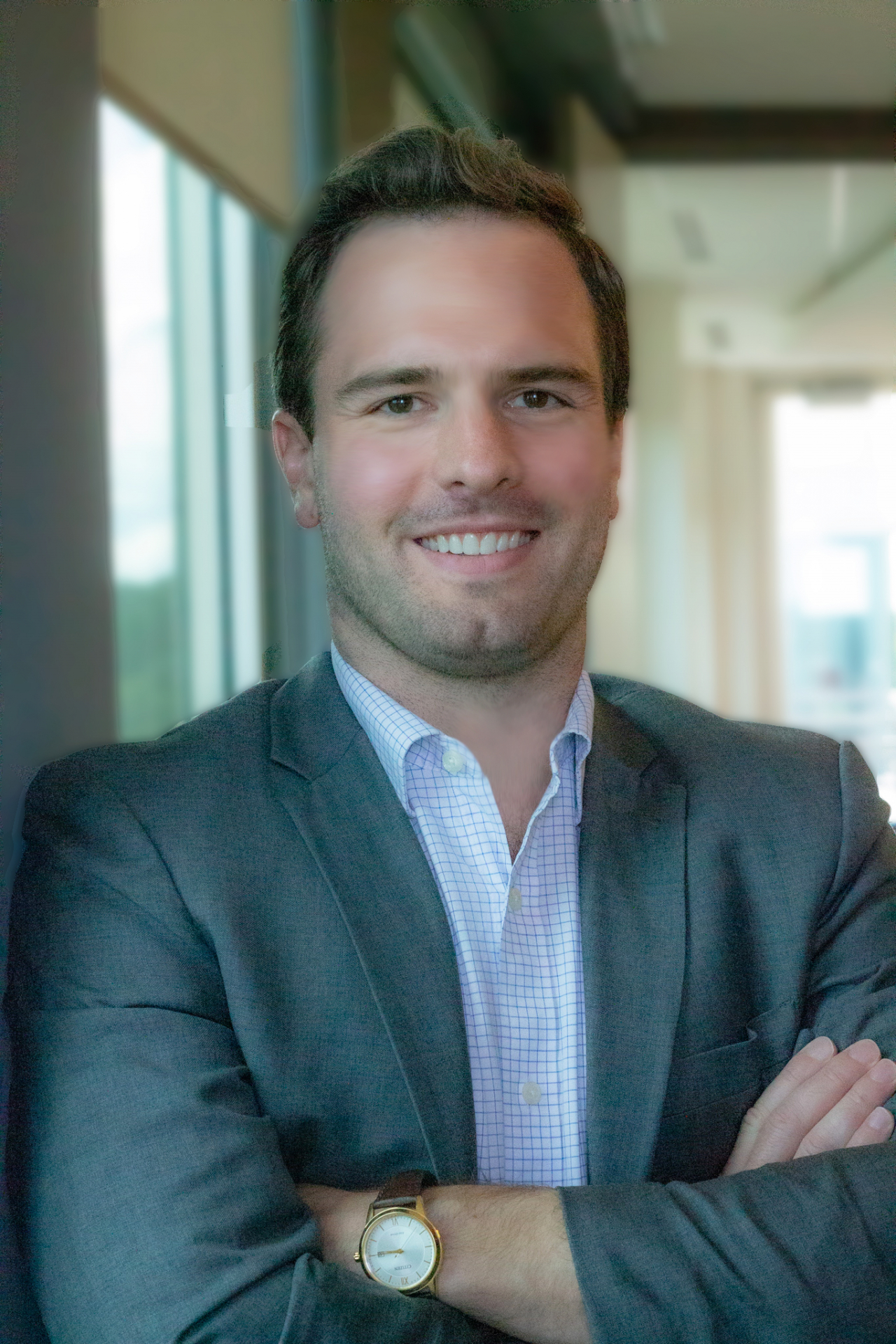 |
Joseph Affsprung, global manager of Charleston Regional Development Alliance (Charleston Regional Development Alliance) |
Amid intensifying competition among US states to attract Korean battery makers' job-creating production bases, South Carolina and its largest metropolitan region, Charleston, have put their hats in the ring to seek possible business opportunities riding high on the boom in vehicles fueled by the new energy source.
“We’ve discussed potential partnerships with (some of the) Korean battery manufacturers like LG Energy Solution, Samsung SDI and SK On,” said Joseph Affsprung, global manager of Charleston Regional Development Alliance, during a phone interview with The Korea Herald on Wednesday.
The three Korean battery makers have almost 50 percent of the global EV battery market outside China.
Noting that rival North Carolina landed a deal from Toyota to build a battery manufacturing plant there in 2021, Affsprung added, “It is one of the key goals of South Carolina and Charleston City to bring in Korea-based battery companies to build production facilities in South Carolina as well.”
Affsprung visited Seoul from Oct. 30 to Nov. 3 with the South Carolina Department of Commerce, a representative from the Columbia, capital city of South Carolina, and those from the state’s liaison office in Seoul. The main purpose of the trip was to bolster ties with the South Korean government and business officials in key industries.
“We’ve met with 10 Korean companies, a lot of which were oriented in the automotive and energy storage space as those industries are globally influx right now,” said Affsprung, implying the importance of battery partnership.
Charleston, in particular, is where production bases of Mercedes-Benz vans and Volvo cars are located. Volkswagan’s electric vehicle subsidiary, Scout Motors, is in Columbia, a short drive away from Charleston. BMW also operates a manufacturing plant in Spartanburg, the northeastern region of South Carolina.
A lot of these legacy automakers eager to make the transition to EVs are beginning to see the advantages of setting up joint ventures with Korean companies, who have established competence in the battery space, according to Affsprung. By next year, Volvo’s Charleston plant plans to produce battery-powered sport utility vehicles EX90 and Polestar 3.
Compared to large states like Georgia, Indiana, Tennessee, Ohio, Michigan, Arizona and Kentucky, where LG Energy Solution, Samsung SDI and SK On run or plan to build EV battery plants for themselves or under joint venture projects with car manufacturers, South Carolina is a smaller state – ranked 40th by territory. But Affsprung stressed that a small size can be of advantage -- free of bureaucratic rigidity.
“Because we’re a small economic development and regulatory community, if a company from South Korea is facing a challenge (of doing business here), within one or two phone calls, we can get to the bottom of it and help them,” he said. “In much larger states with huge industrial bases, you can end up being ‘a small fish in a big pond.’”
South Carolina’s business-friendly environment is rooted in the arrival of BMW in the 1980s. Since then, the state has topped the list of having the largest percentage of its population employed by foreign entities -- more than 160 international companies -- within the US.
Like other states, South Carolina plans to offer hefty incentives and tax credits to Korean battery makers in addition to the federal government’s tax cuts under the Inflation Reduction Act.
Highlighting its skilled workforce in the manufacturing industry, Affsprung said the state’s recent Tech Hub designation by the US government will offer further growth momentum in nurturing talents in the advanced energy sector including battery technologies.
Affsprung touted the manufacturing prowess of South Carolina, where the world’s largest aerospace manufacturer, Boeing, produces its 77 Dreamliner, and said Korean manufacturing companies have also shown interest in forging business partnerships with the state.
South Carolina is already home to a dozen Korean manufacturing companies, the largest being Samsung Electronics, which has a major production site in Newberry County.







![[Weekender] Korea's traditional sauce culture gains global recognition](http://res.heraldm.com/phpwas/restmb_idxmake.php?idx=644&simg=/content/image/2024/11/21/20241121050153_0.jpg)